Does Your Residential Panel Need Replacement?
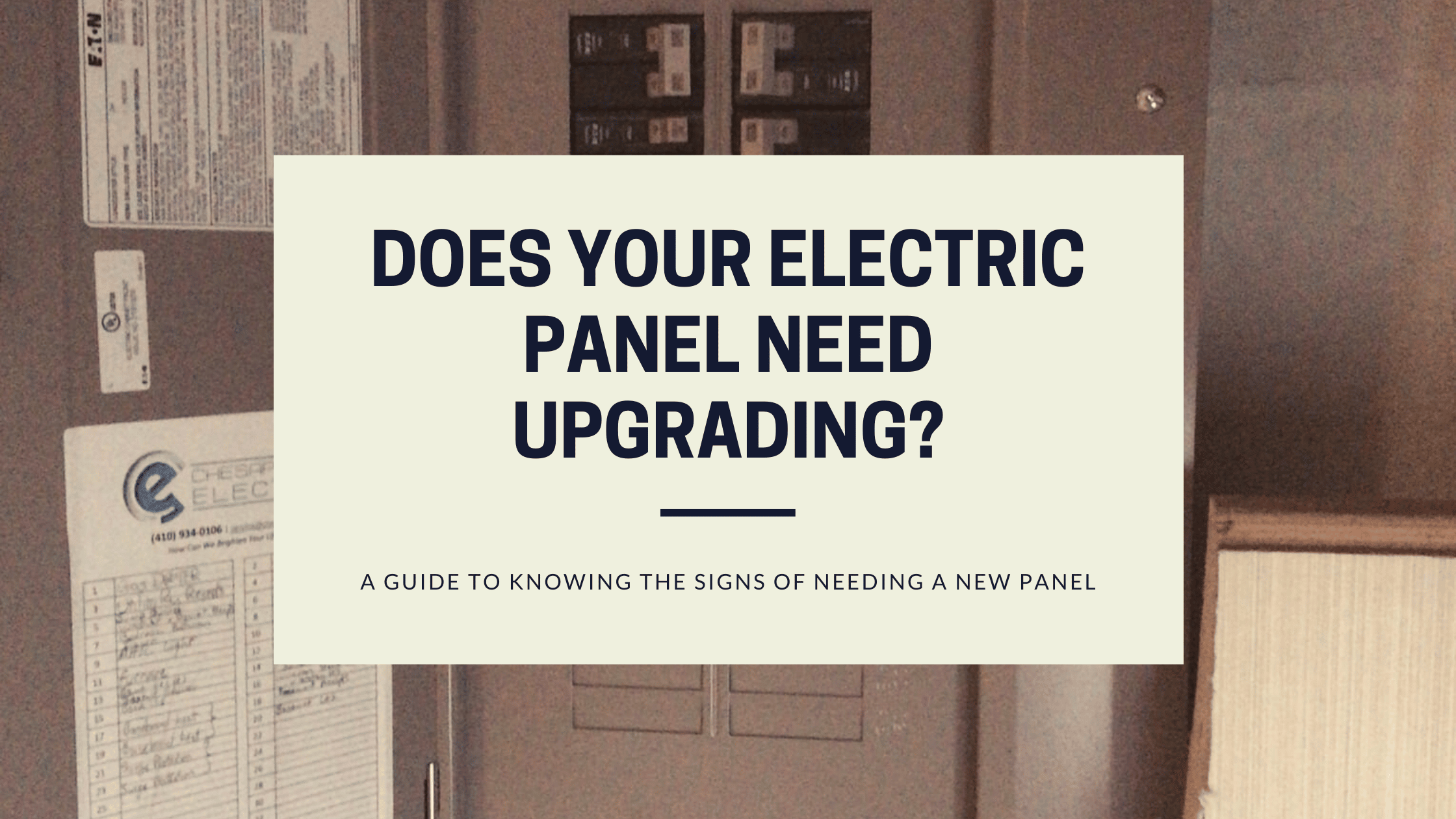
Have you ever wondered the lifespan of a electric panel should be or if/when you need to look to replace your panel? Worry no more, we are here to help.
Let’s start off on what a Electrical Service Panel is…
Electrical panels have been known by a number of names, including: electrical box, panelboard, loadcenter, breaker panel, service panel, breakerbox, main distribution panel, switchboard, or in older applications – a fuse box. This panel is the connection between the external wires coming from the street and the internal wires of your home’s electric system. The service panel is the central distribution point that connects the service wire or service drop—the main wire coming from the outside into the house—to the exit wires that split off and service different parts of the house. In single-family residences, the owner of the building owns the electric service panel, not the electric company. Thus, the owner is responsible for all issues related to the electric service panel.
Now, to get started lets discuss brands of panels that need immediate replacement.
- Zinsco or GTE-Sylvania Panels
These were typically installed in the 1970’s and are a known fire hazard. Zinsco panels have brightly colored breakers, and are thinner than current ones. However, not all Sylvania and GTE-Slyvania branded panels are dangerous. So if you have one, an electrician will need to inspect it to see if it has the problematic design. Why they’re unsafe: The circuit breakers inside many Zinsco panels melt to the main ‘bus bar’. This means the breaker can’t trip, even when there’s a short or overloaded circuit. So if there ever is a short or other problems, the surge of power melts wires and starts fires in your home. How to tell if you have one: The name Zinsco anywhere on the panel is a sure sign it should be replaced. Also, many GTE-Sylvania or Sylvania panels are simply re-branded Zinsco panels or contain the problem Zinsco design. These should also be replaced.
- Federal Pacific Panels
For a long time (1950s-1990s) Federal Pacific Electric was one of the most popular manufacturers of electrical panels in the United States. And they were installed in millions of homes. They contain breakers which do not trip, making this dangerous for all homes, because it does not prevent electrical overloads. These panels have been responsible for thousands of fires and a few deaths. Some of these panels were manufactured under the Stab Lok name. Why they’re unsafe: These electric panels’ circuit breakers fail to trip when they should (when there’s a short circuit or circuit overload). There are also many reports that the circuits in Federal Pacific Panel malfunction and even the off position still send power to the circuit. This can cause electrocution when working on a circuit you believe to be off. How to tell if you have one: Federal Pacific panels are most common in homes built between 1950 and 1980. Federal Pacific Electric will likely be written on the cover of your breaker box. Inside, look for the name Stab-Loc (the brand name of the circuit breakers). If you find this on your panel you need to call a certified electrician to get it replaced right away.
- Challenger Electrical Panels
These were sometimes labeled as Zinsco — were produced in the 1980’s and 1990’s, and were widely installed in new construction. If your property is 30-40 years old, these may have been installed. Why they’re unsafe: These also are known to cause fires, as this panel would over heat, and melt the circuits and panel. How to tell if you have one: To identify if you have a Challenger panel, open your panel cover. The black circuit breakers are labeled with Challenger. If you find this on your panel you need to call a certified electrician to get it replaced right away.
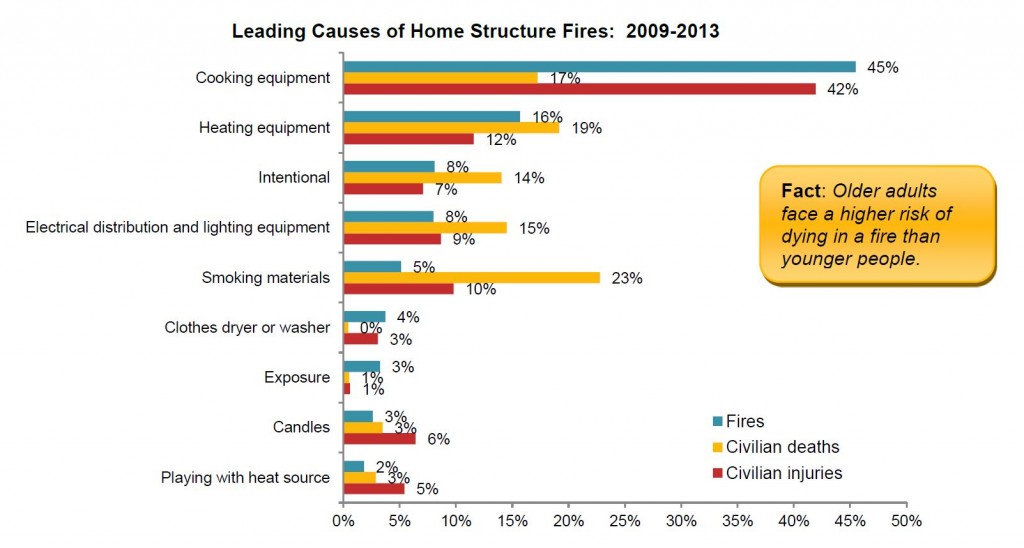
If you don’t have any of these panels that is good news but you could still need to begin looking into replacement if your panel is getting worn out or just getting old. Here are the other signs that it is time for a new electric service panel.
- If your panel is 25+ years old. The average lifespan for an electrical panel can range from 25-40 years. There is a wide range of variability due to several things, such as: Power surges, Wear and tear, Manufacturer defect. Whatever the reason, an electrical panel that is over 25 years old can be a dangerous panel.
- You panel smells like something is burning or burnt. You should always be immediately concerned if your electrical panel has a burnt or burning smell in or around it. When panels fail, it can cause serious house fires that can destroy your entire property as well as your neighbors so it is no joke. Commonly, the burning smell will be either plastic or wood, as the plastic jacket of the electrical wire melts or the wood and insulation in your walls become scorched. If you smell these things, it is critical that you have your electrical panel replaced.
- Your home needs more outlets. Yes you may think a few power strips can handle this but the over use of power strips can overwhelm an outlet and cause it to fail. If you have extra room in your panel for a new circuit it is best to just add a new circuit but if your panel is out of space it is best to just upgrade your panel.
- You regularly experience tripping breakers. Circuit breakers are designed to trip and turn the flow of electricity off to protect you from circuits that are drawing too much power. This design protects you from the consequences of too much power being pushed through your electrical system, but it can also be a sign that your electrical panel needs upgrading. Your electrical panel can lack the capacity to allow for adequate electrical flow, leaving you with frequently tripped breakers. If you have constantly have to flip a breaker back in, you should call an electrician and have them look into if there is a solution or if you really need a new panel.
- Is your panel warm or hot to the touch? One of the key things that an electrical panel regulates is how hot your electrical system becomes. Overheating should trigger a circuit breaker to trip and protect your home from a potential electrical fire. But, if you have noticed that your electrical panel is warm or even hot when you touch it, that can indicate a serious problem and you need to call a certified electrician immediately before that warmth becomes a fire.
- Are you looking to add a new appliance? Maybe you want to get yourself a hot tub or a second refrigerator? If you don’t have space for another outlet on your panel that you likely need to upgrade your panel to handle the increased load of a large appliance.
- Do you see rust on your panel? A clear sign of damage to your electrical panel is if there is rust on it. Any rust indicates that there has been water damage to your panel, and water and electricity do not go together. So if you see rust you likely need to find out where the water damage is coming from and fix it and then replace your damaged panel.
- Is your panel making noise? Electrical panels should operate silently, with an occasion click if a circuit breaker is popped. But sometimes, people hear buzzing or hissing sounds from their electrical panel and that is never a good sign. You will want to call an electrician if you hear you panel making noise to see if it can be troubleshooted or if replacement is needed.
- Do your lights flicker or dim when you plug something in or when your running your vacuum? Your light shouldn’t be affected by something as simple as plugging in the vacuum or using your microwave. But if your lights are affected by these things, it can indicate that your electrical panel isn’t up for the needed power draw and needs to be replaced.
- Did your panel receive direct damage? While most panels are located in safe places it isn’t uncommon for them to have something fall on them or if located in a garage for them to get hit by a car. Keep in mind that you may not think it caused any damage but that panel supplies all the electricity to the house and damage can result in issues that can lead to a fire. It is best not to take the risk and rather contact a certified electrician to come take a look. They may just ease your worry and tell it everything is ok or they may locate issues and save your family from danger by letting you know the panel needs replacement.
Ok so maybe you need a new panel and are wondering what the price tag is going to look like. Well the national average is about $2,500 but Maryland is a very different market as compared to Utah and it really depends on how many amps you need so you should talk to an electrician about how you typically use the electricity in your home and allow them to tell you how many amps you should get and how many breakers you should have. On the low end in Maryland you are typically looking at $2500-$5000 but if you are looking for all the bells and whistles and have a bunch of large appliances or items like a hot tub or pool you could be looking at up to $7000. If these price tags scare you, just know that financing should be available to you to help with the cost.
Chesapeake Electric has been providing first-rate electrical contracting services to the Annapolis area for over 10 years. We’re locally owned and operated, and take pride in supplying superior craftsmanship and customer service. If you need more power supplied to your home but your service panel isn’t up to the task, call us for a complimentary consultation and we’ll have one of our certified technicians out to you before you know it.
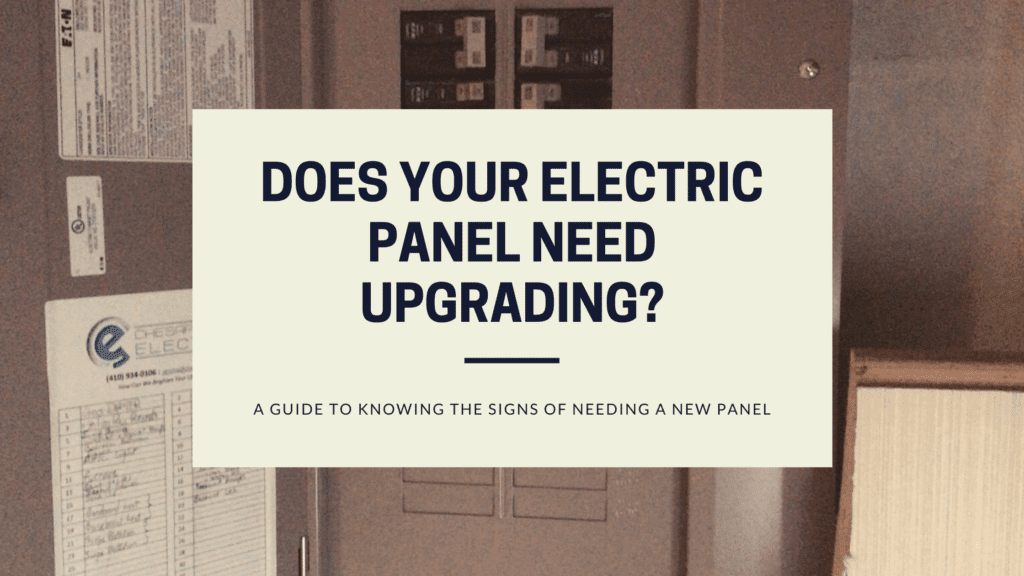
Recent Posts

June 20, 2025
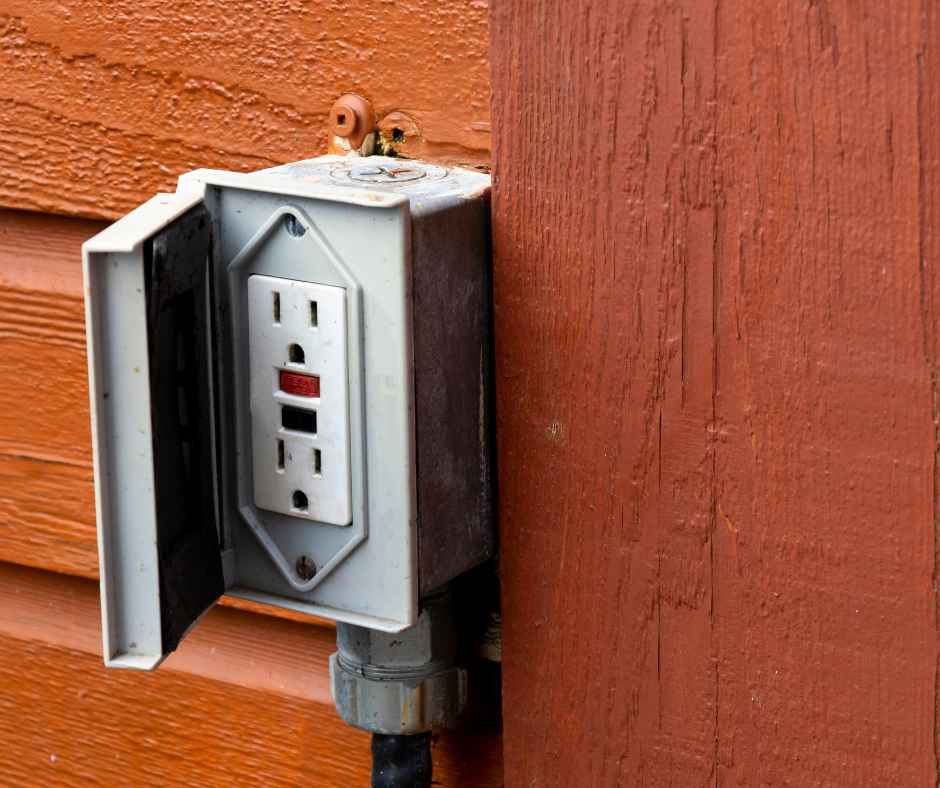
June 12, 2025

June 5, 2025
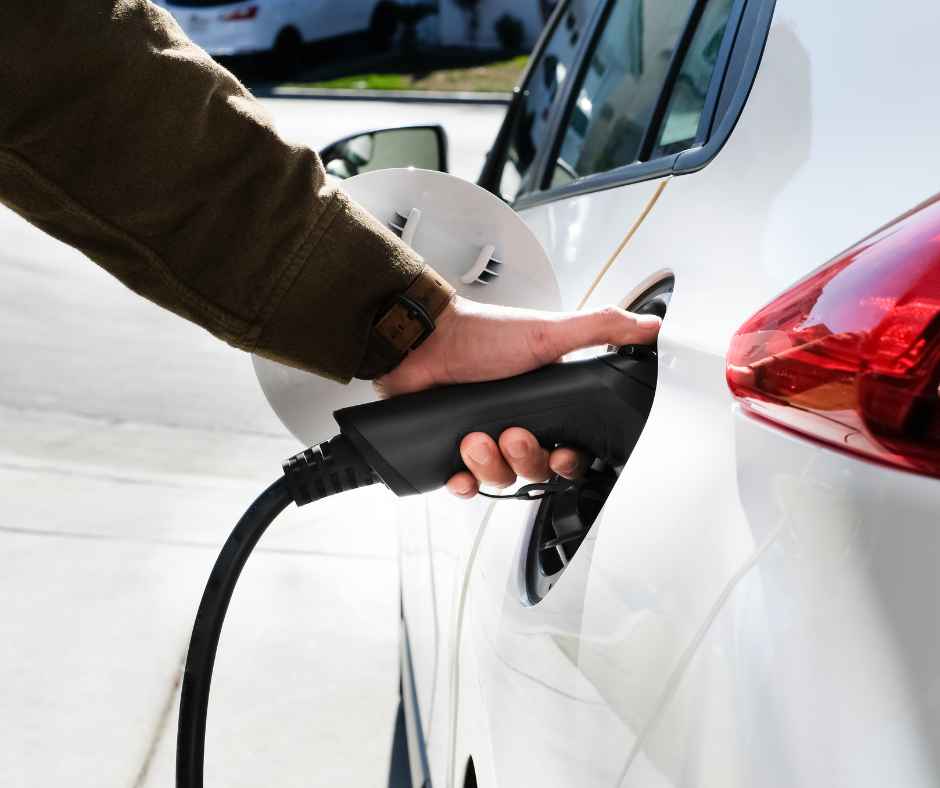
May 22, 2025
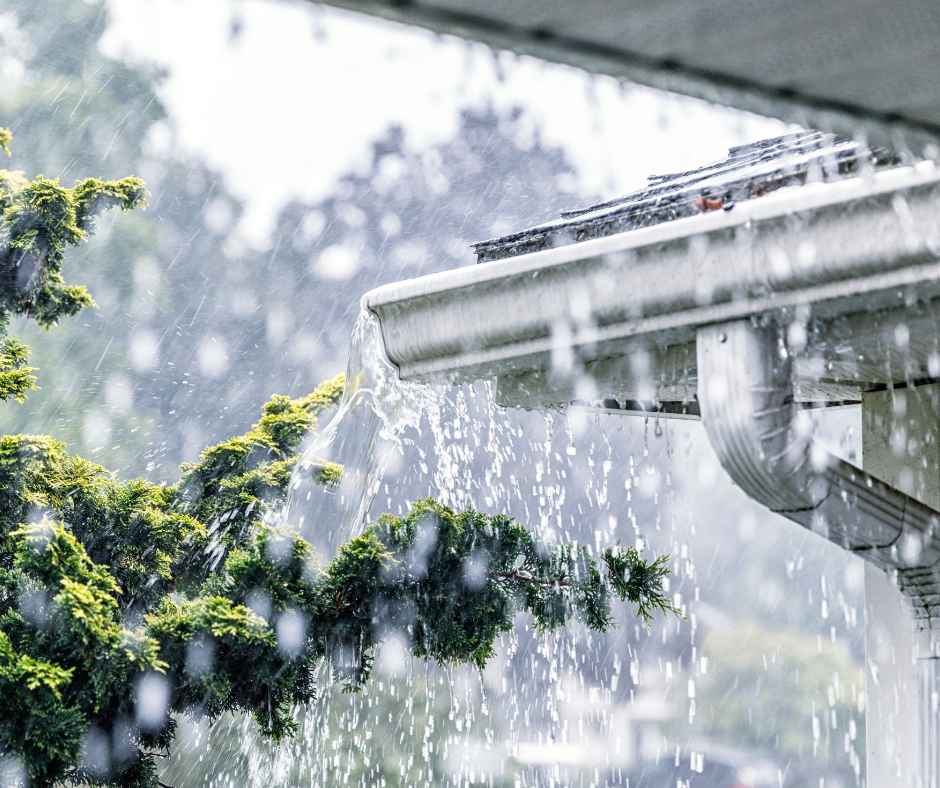
May 15, 2025
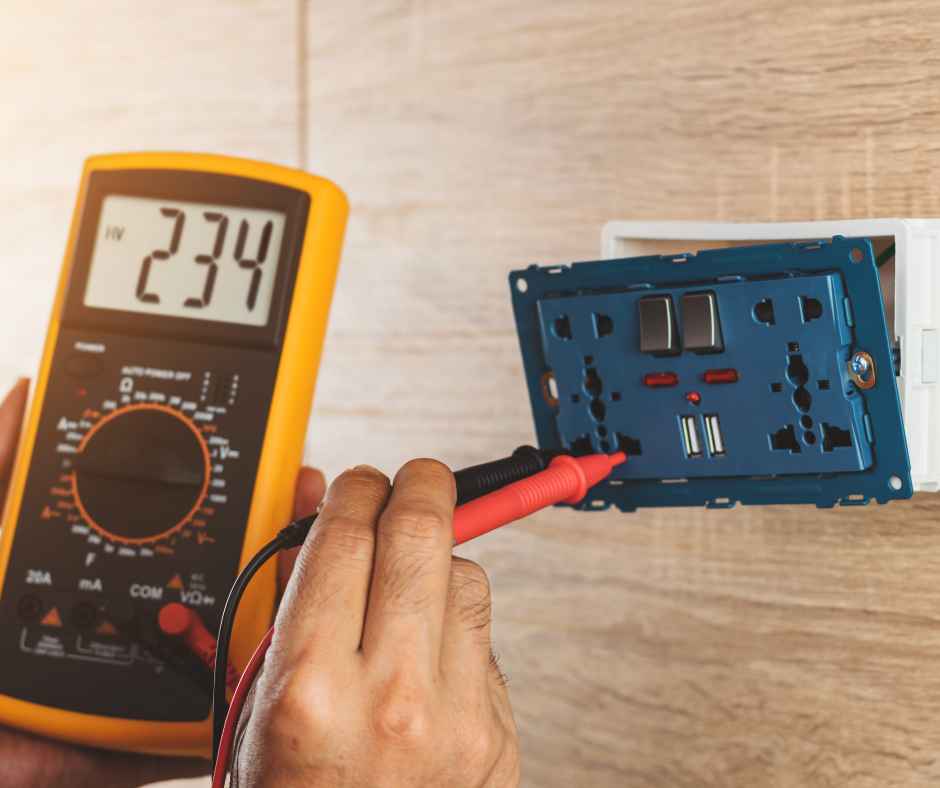
May 8, 2025
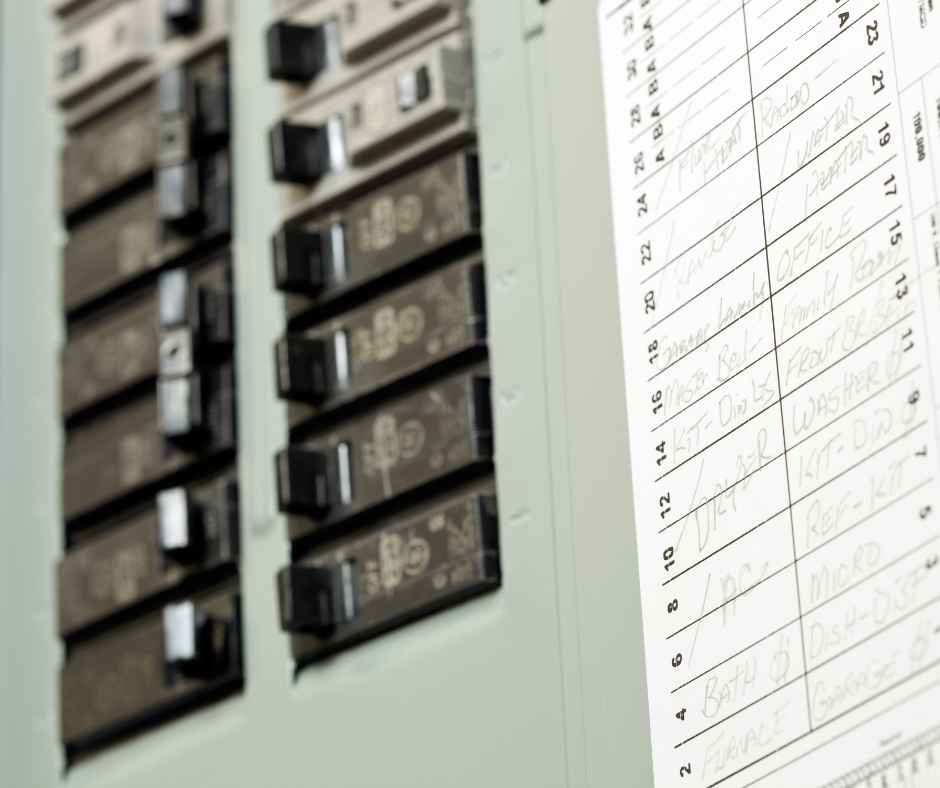
April 25, 2025
